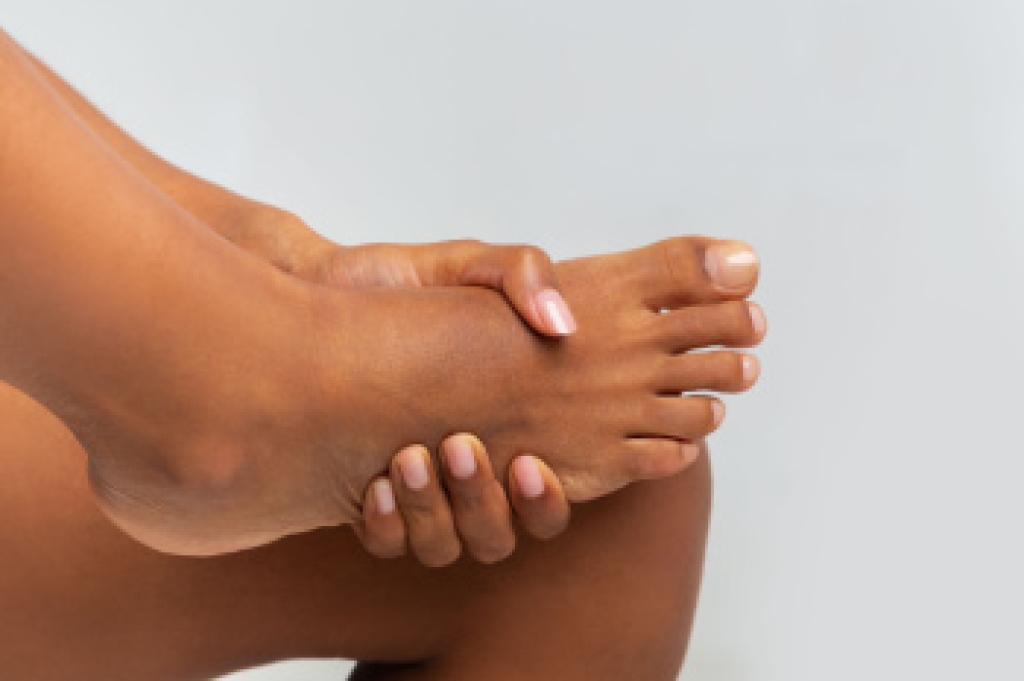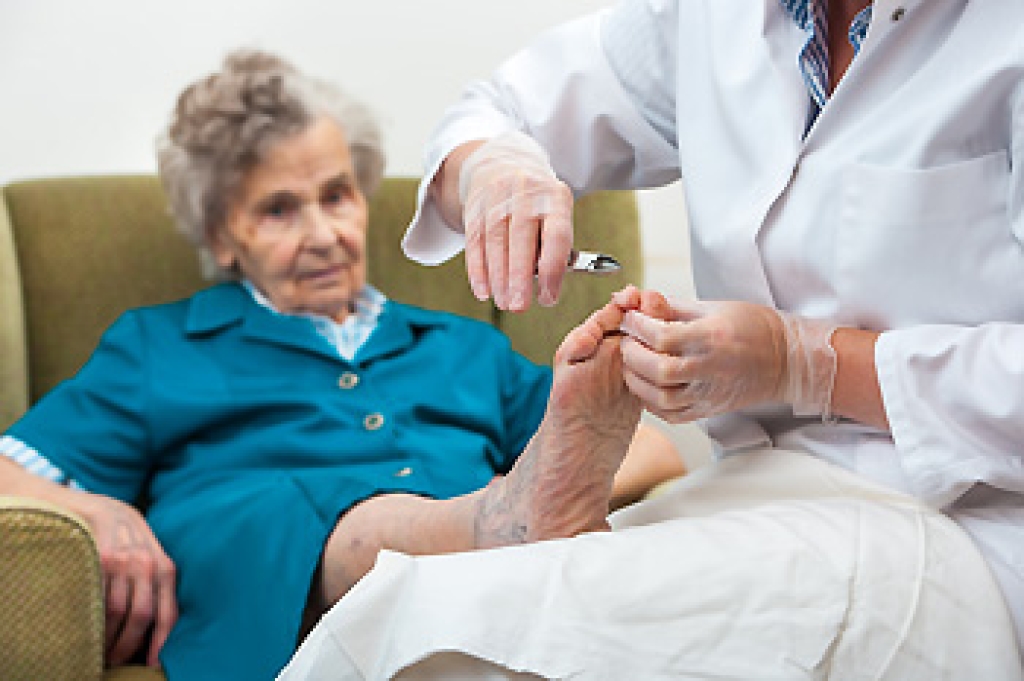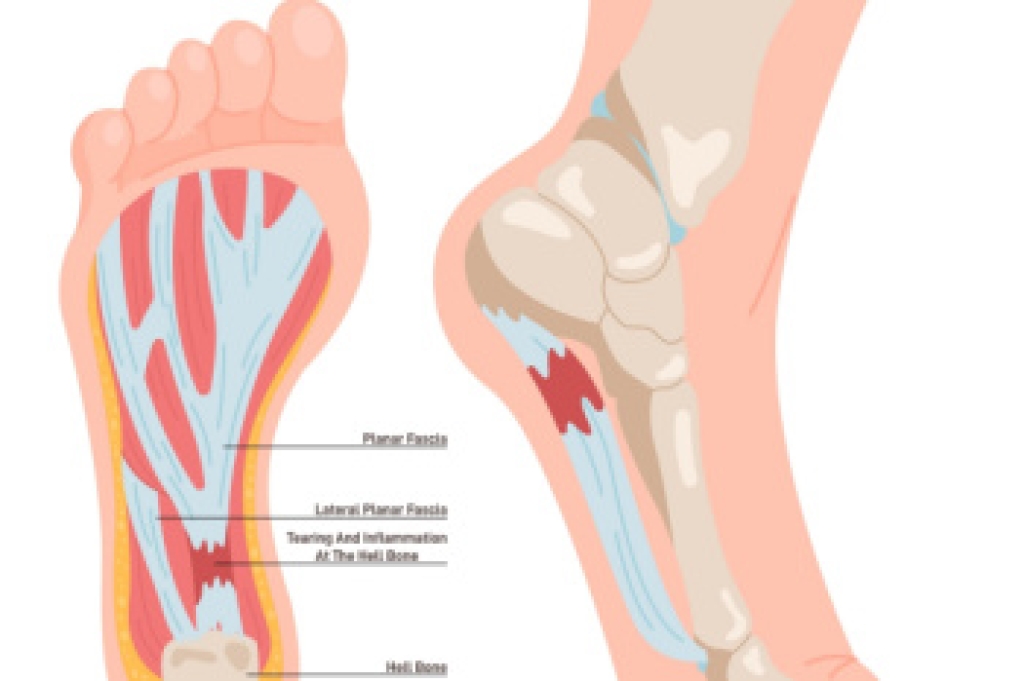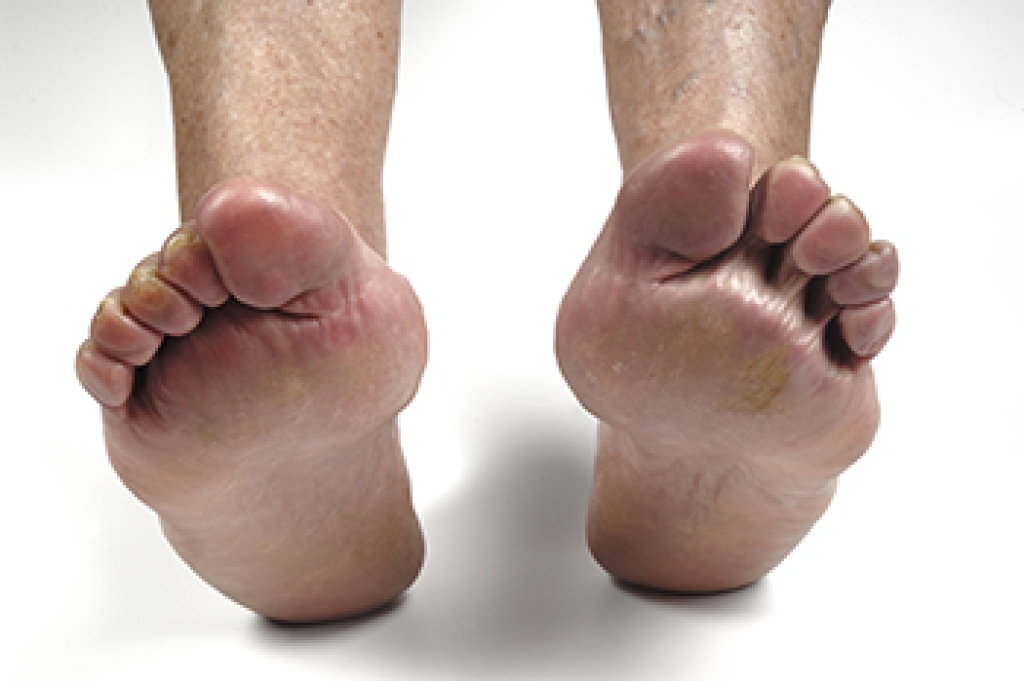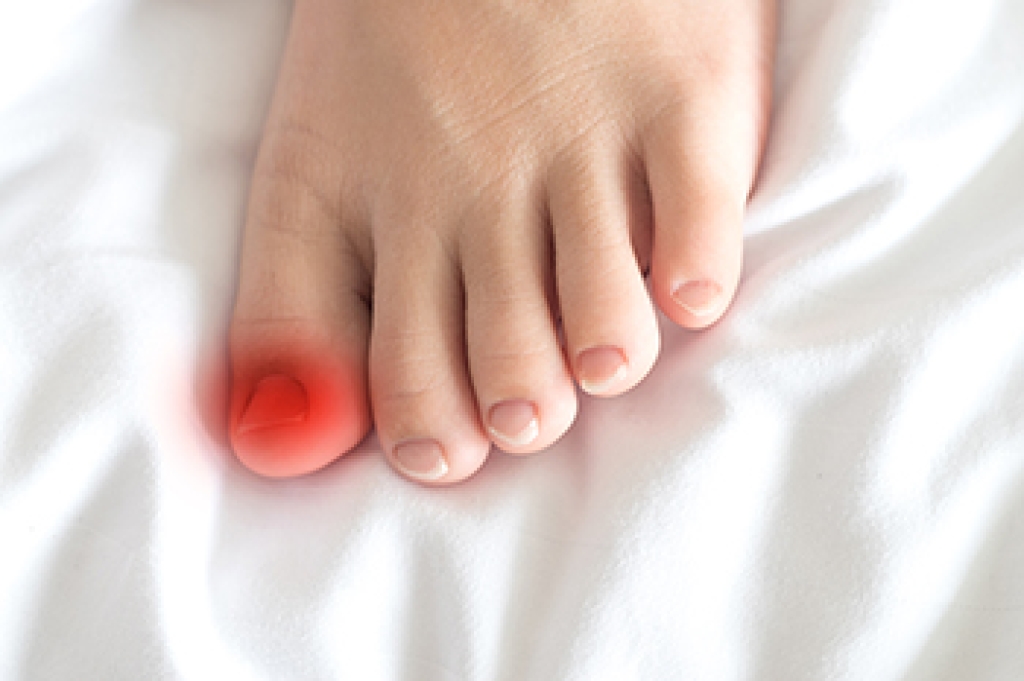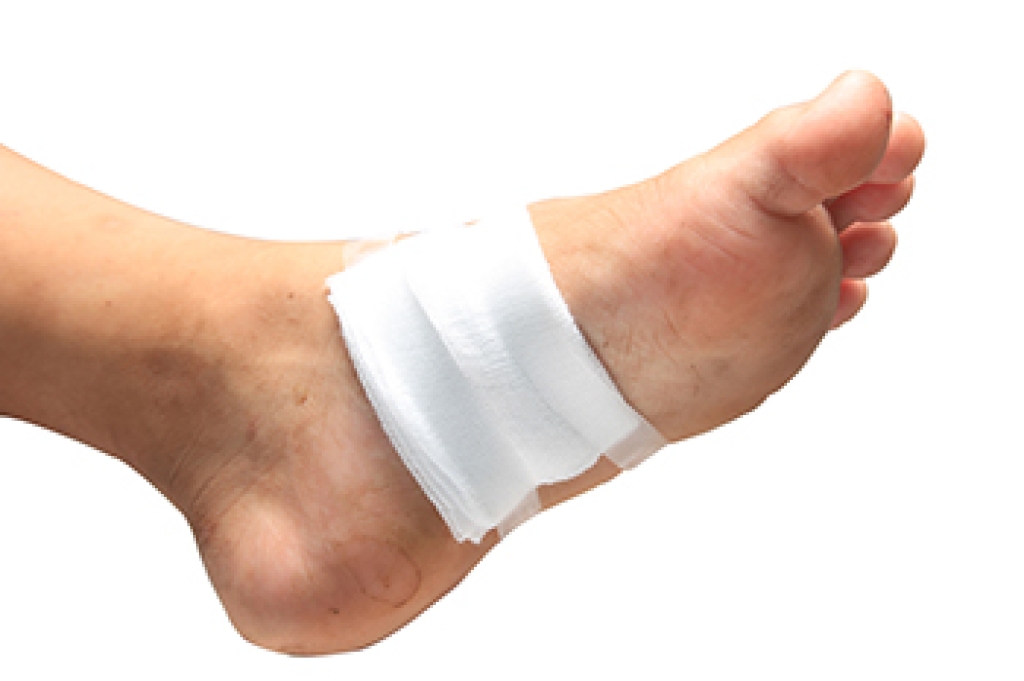
An Achilles tendon rupture is a significant injury that often occurs during sports or sudden movement, usually felt as a sharp pain or a popping sensation in the back of the ankle. Walking becomes difficult, and pushing off the foot may feel impossible. Management depends on the severity of the tear and the patient’s overall health and activity level. Non-surgical treatment includes immobilization with a cast or walking boot, followed by specific exercises to restore strength and flexibility. Surgical repair may be recommended for younger or more active individuals to reduce the risk of re-rupture and support a quicker return to activity. Both approaches require a period of rest, followed by a carefully guided rehabilitation program. Prompt diagnosis is key to determining the most effective treatment. If you experience sudden pain or loss of function in your lower leg, it is suggested you see a podiatrist for a diagnosis and appropriate treatment.
Achilles tendon injuries need immediate attention to avoid future complications. If you have any concerns, contact one of our podiatrists of DeCaro Total Foot Care Center. Our doctors can provide the care you need to keep you pain-free and on your feet.
What Is the Achilles Tendon?
The Achilles tendon is a tendon that connects the lower leg muscles and calf to the heel of the foot. It is the strongest tendon in the human body and is essential for making movement possible. Because this tendon is such an integral part of the body, any injuries to it can create immense difficulties and should immediately be presented to a doctor.
What Are the Symptoms of an Achilles Tendon Injury?
There are various types of injuries that can affect the Achilles tendon. The two most common injuries are Achilles tendinitis and ruptures of the tendon.
Achilles Tendinitis Symptoms
- Inflammation
- Dull to severe pain
- Increased blood flow to the tendon
- Thickening of the tendon
Rupture Symptoms
- Extreme pain and swelling in the foot
- Total immobility
Treatment and Prevention
Achilles tendon injuries are diagnosed by a thorough physical evaluation, which can include an MRI. Treatment involves rest, physical therapy, and in some cases, surgery. However, various preventative measures can be taken to avoid these injuries, such as:
- Thorough stretching of the tendon before and after exercise
- Strengthening exercises like calf raises, squats, leg curls, leg extensions, leg raises, lunges, and leg presses
If you have any questions please feel free to contact our office located in West Hatfield, MA . We offer the newest diagnostic tools and technology to treat your foot and ankle needs.
